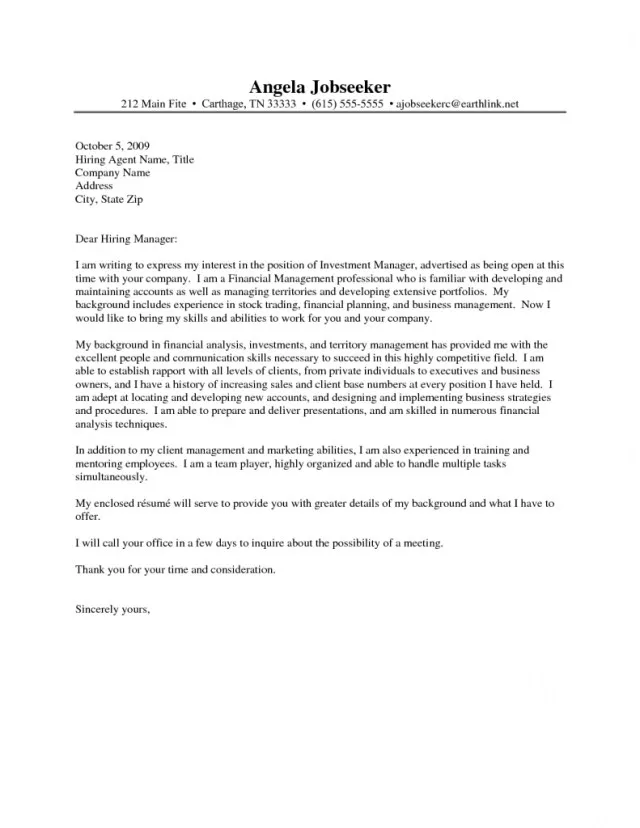The Cover Letter Significance
In the competitive landscape of job applications, a cover letter often serves as your first introduction to a potential employer. It’s a crucial element that can significantly impact whether your resume is even considered. While a resume provides a snapshot of your skills and experience, a cover letter offers the opportunity to tell your story, articulate your value, and demonstrate your genuine interest in the specific role and company. Ignoring the importance of a well-crafted cover letter can mean missing out on opportunities, while a strong one can set you apart from other applicants and increase your chances of landing an interview. Therefore, understanding the ‘why’ behind the cover letter is the initial step in realizing its potential.
Why Cover Letters Matter
Cover letters provide a space to personalize your application and connect with the hiring manager on a deeper level. They let you showcase personality, explain career transitions, and explicitly connect your qualifications to the job’s requirements. A cover letter demonstrates you’ve taken the time to understand the company and the specific role. This shows your commitment and differentiates you from candidates who might be sending out generic applications. Furthermore, they allow you to emphasize the most relevant skills and experiences for the position.
First Impression Impact
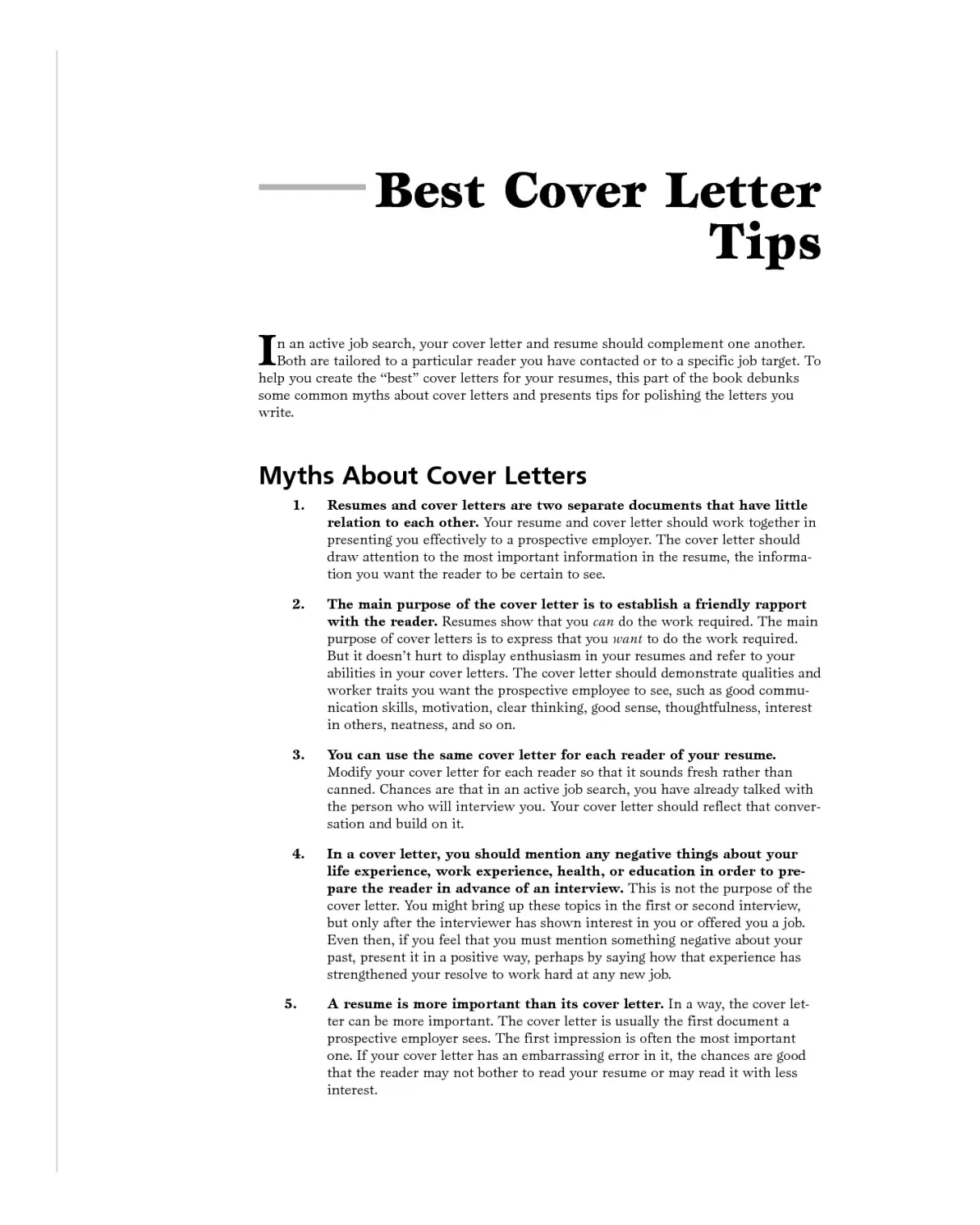
Your cover letter is often the first impression you make on a hiring manager. It sets the tone for how your application will be perceived. A well-written letter creates a positive initial impression, showcasing your professionalism, communication skills, and attention to detail. Conversely, a poorly written letter with errors or a generic approach can immediately disqualify you. It’s your chance to highlight what makes you unique and why the company should be excited to learn more about you. This initial impression significantly impacts the hiring manager’s willingness to delve into your resume.
Highlighting Relevant Skills
While your resume lists your skills, a cover letter allows you to elaborate on them. You can connect your skills directly to the job requirements, providing specific examples of how you’ve used them in the past and the results you achieved. This narrative helps the hiring manager visualize your abilities in action and understand how you can contribute to their team. By strategically highlighting the skills that align with the job description, you demonstrate your suitability and make a compelling case for why you’re the right fit.
Demonstrating Enthusiasm
A cover letter gives you the opportunity to express your enthusiasm for the role and the company. Sharing your genuine interest helps you stand out from the crowd. You can discuss what specifically excites you about the position, why you admire the company’s mission or values, and how you see yourself contributing to their success. This enthusiasm demonstrates that you’re not just looking for any job but are genuinely invested in the opportunity, which can be a decisive factor in the hiring process.
Top 5 Cover Letter Tips
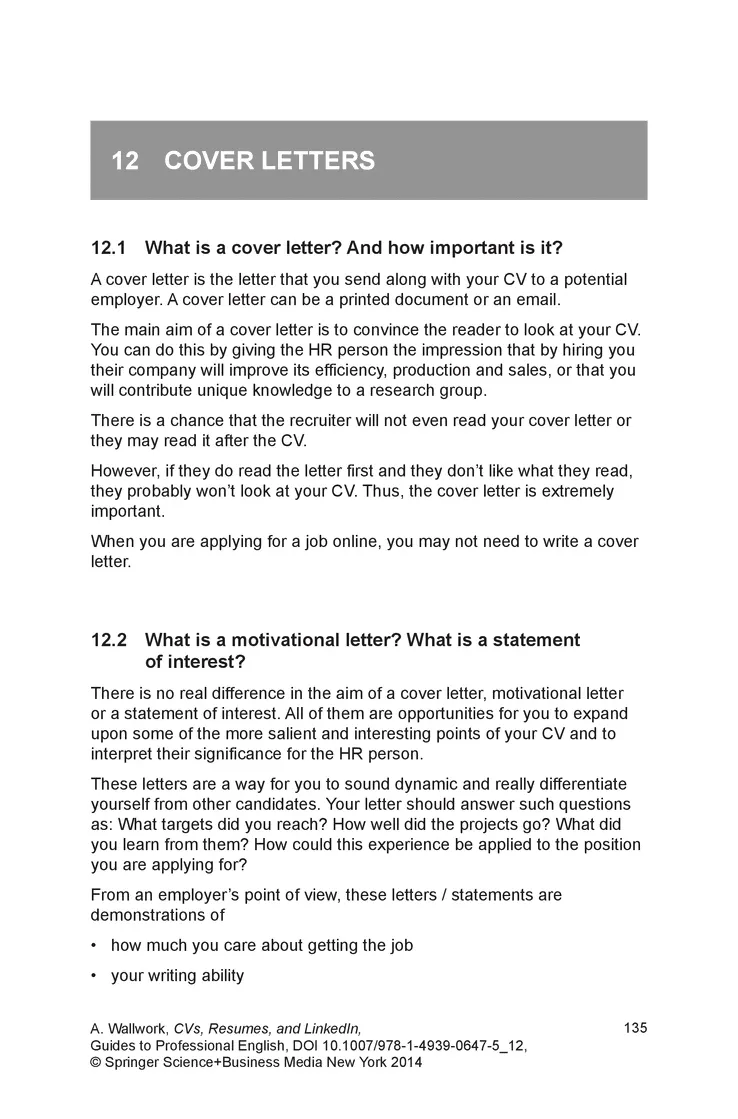
Tailor to the Job
One of the most crucial tips is to tailor each cover letter to the specific job you are applying for. Generic cover letters are easily identified and often discarded. Research the company, understand the role’s requirements, and customize your letter to directly address the needs and expectations outlined in the job description. Highlight how your skills and experiences align with those requirements, demonstrating that you understand the role and can contribute effectively. This personalization shows that you are genuinely interested in the position and have taken the time to understand what the employer is looking for.
Show, Don’t Tell
Instead of simply stating that you possess certain skills, demonstrate them through concrete examples. Rather than writing ‘I am a good communicator,’ describe a situation where you successfully communicated a complex idea to a team, resulting in a positive outcome. Use the STAR method (Situation, Task, Action, Result) to structure your examples, providing context, outlining your role, describing your actions, and highlighting the results achieved. This approach brings your skills to life and provides tangible evidence of your abilities, making your cover letter more persuasive and memorable.
Quantify Your Achievements
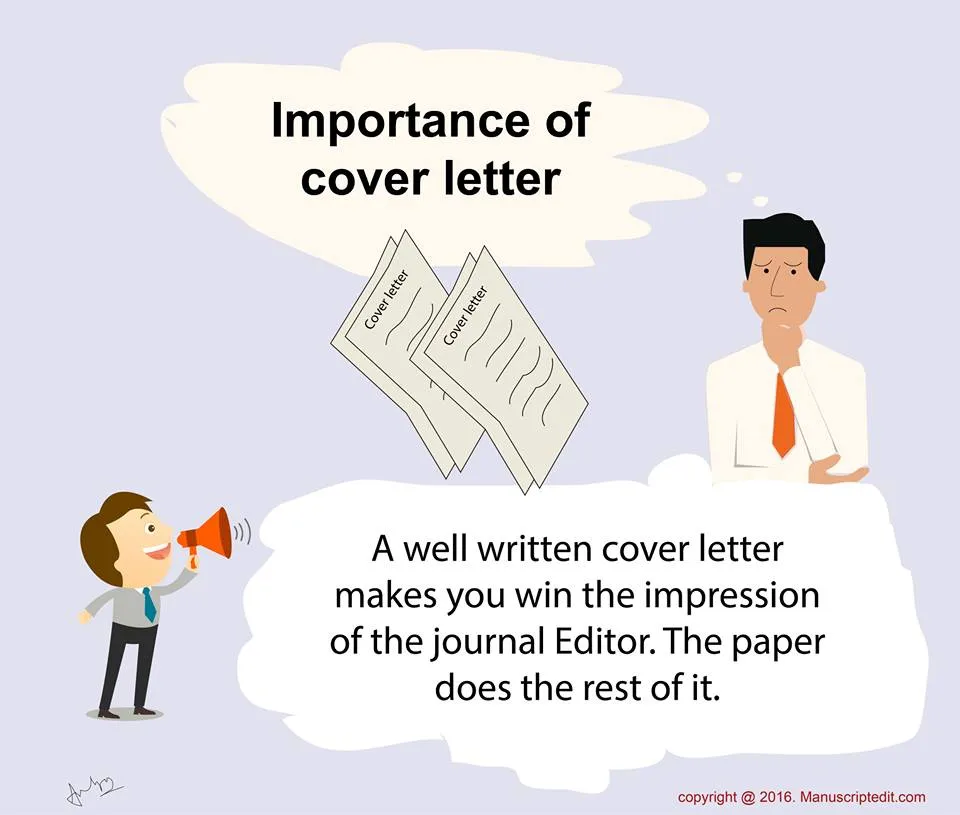
Whenever possible, quantify your achievements to demonstrate your impact. Instead of saying ‘Improved sales,’ write ‘Increased sales by 15% in six months.’ Use numbers, metrics, and data to illustrate the results you achieved in previous roles. This provides concrete evidence of your capabilities and allows the hiring manager to understand the value you can bring to their organization. Quantifiable achievements make a stronger impression and help you stand out from other candidates.
Proofread Meticulously
Typos, grammatical errors, and formatting inconsistencies can undermine your credibility. Always proofread your cover letter carefully before submitting it. Use a grammar checker, and if possible, have a friend or colleague review it as well. Ensure that your language is clear, concise, and professional. Attention to detail demonstrates your commitment to quality and attention to detail, indicating that you care about presenting yourself in the best possible light.
Format for Readability
Make your cover letter easy to read and visually appealing. Use a professional font, such as Times New Roman or Arial, and maintain a consistent font size throughout the document. Break up large blocks of text with short paragraphs, bullet points, and headings to improve readability. Ensure the letter is well-spaced and that margins are consistent. A clean, well-formatted cover letter shows that you respect the hiring manager’s time and are organized and professional.
Cover Letter Myths
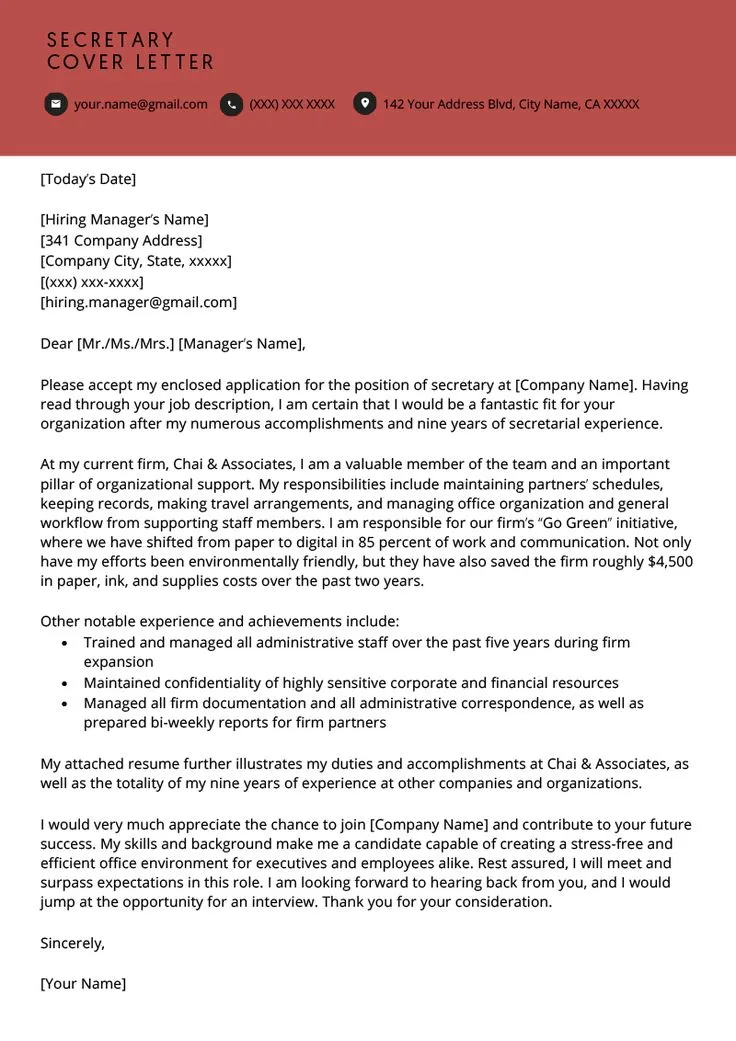
The Cover Letter is Dead
One common misconception is that cover letters are no longer necessary. While some companies may not explicitly require them, a cover letter can still provide a significant advantage. It offers you the opportunity to differentiate yourself and make a more personal connection with the hiring manager. Even if the job posting doesn’t ask for a cover letter, including one can show your initiative and demonstrate your genuine interest in the role and the company.
Resume is Enough
While a resume provides a summary of your experience, a cover letter allows you to tell a more complete story. It gives you space to explain career transitions, highlight specific skills relevant to the job, and express your enthusiasm for the position. A cover letter complements your resume by providing context and showcasing your personality and communication skills. It is a chance to connect with the hiring manager on a deeper level.
Cover Letter is a Waste of Time
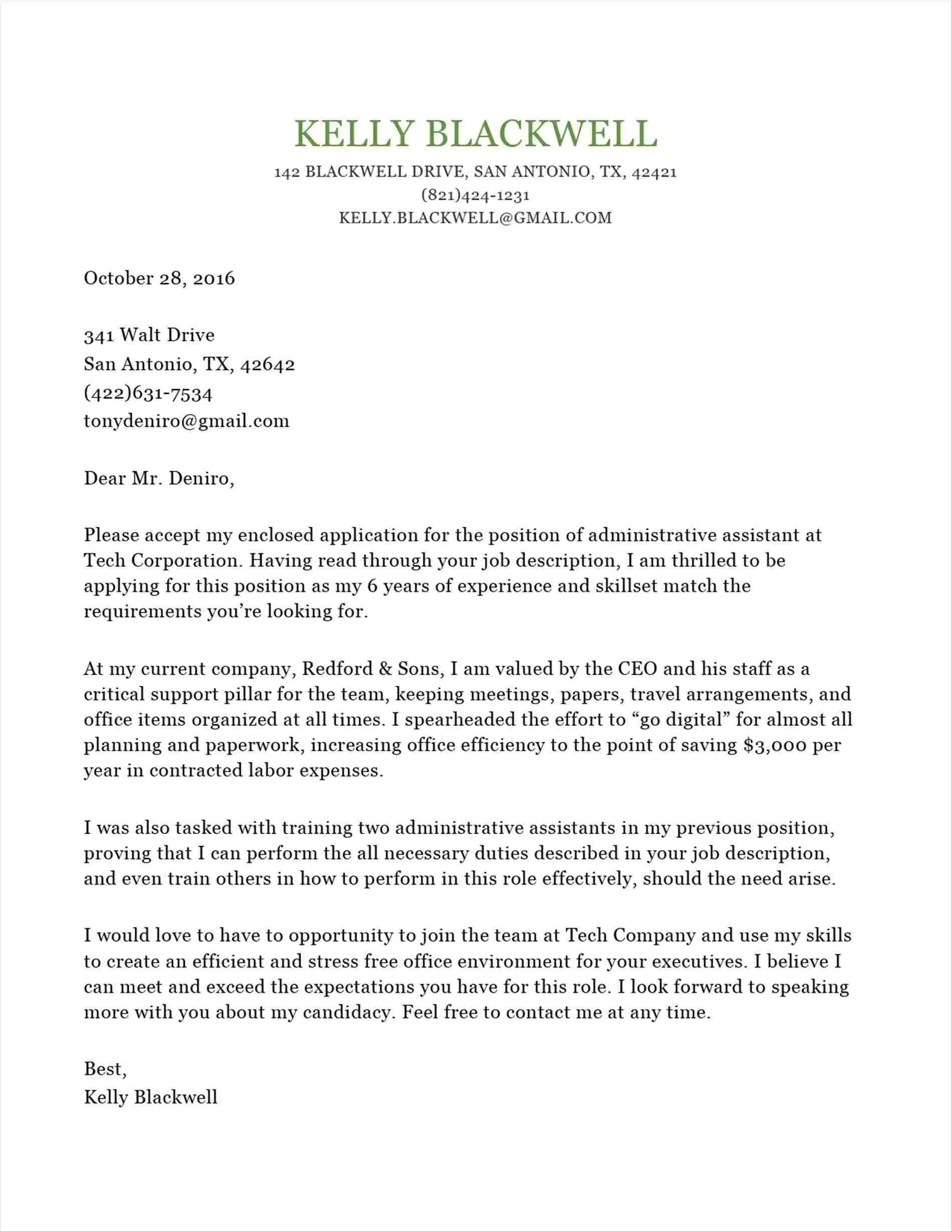
Some believe cover letters are a waste of time, but the opposite is true. When crafted strategically, a cover letter can significantly increase your chances of getting an interview. It demonstrates your interest, showcases your skills, and provides the opportunity to explain your qualifications in detail. Taking the time to create a compelling cover letter is an investment that can yield significant returns in your job search.
Conclusion Cover Letter Importance
In conclusion, a well-crafted cover letter is a valuable tool in your job search. It gives you the chance to make a strong first impression, highlight your skills, and express your enthusiasm for the role. By following the tips provided, you can create a cover letter that sets you apart and significantly increases your chances of landing an interview. Don’t underestimate the power of a great cover letter—it’s a crucial step towards securing your dream job.
